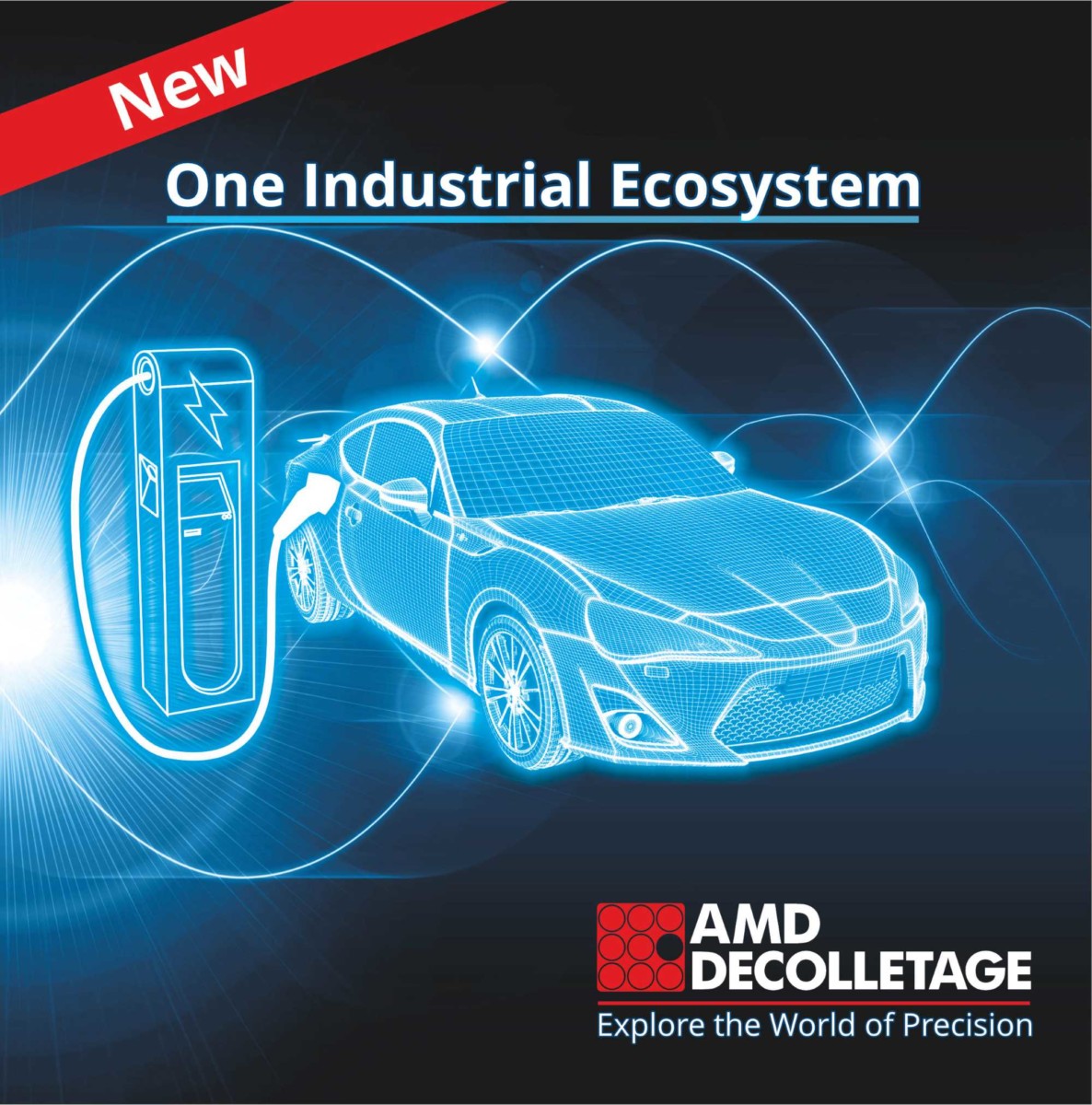Sustainable e-mobility challenge
Sustainable mobility and e-mobility (electric mobility) are essential pillars of the energy and ecological transition. However, they face several major challenges, especially for e-trucks (electric trucks), which have specific needs. Here’s an overview:
🌍 General Challenges of Sustainable Mobility
-
Insufficient infrastructure: charging stations, bike lanes, multimodal transport.
-
High cost of clean vehicles: electric cars, cargo bikes, etc.
-
Social acceptance: travel habits, resistance to change.
-
Green energy production: electricity must be decarbonized.
-
Battery lifecycle: raw material extraction, recycling, second life.
⚡ Specific Challenges of E-Mobility
-
Limited range: especially in extreme weather or with heavy loads.
-
Charging time: longer than refueling a combustion vehicle.
-
Charging standardization: connectors, power levels, compatibility.
-
Battery weight: impacts payload capacity, particularly for heavy-duty vehicles.
-
Power grid: must handle the growing demand.
🚛 Strategic Priorities for E-Trucks
Electric trucks present unique challenges, but also opportunities. Here are the key strategic priorities:
-
Dedicated Charging Infrastructure
-
Ultra-fast charging stations (>350 kW) on major logistics corridors.
-
Deployment in logistics hubs, ports, and warehouses.
-
-
Range Optimization
-
Development of high energy density batteries.
-
Integration of technologies such as dynamic charging (inductive or catenary).
-
-
Competitive Total Cost of Ownership (TCO)
-
Reducing battery costs.
-
Tax incentives and subsidies to accelerate adoption.
-
-
Regulations and Low-Emission Zones
-
Anticipating access restrictions in urban centers.
-
Adapting fleets to meet environmental standards.
-
-
Training and Maintenance
-
Training drivers in electric eco-driving.
-
Developing a specialized maintenance network.
-





